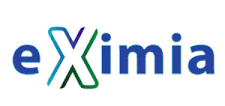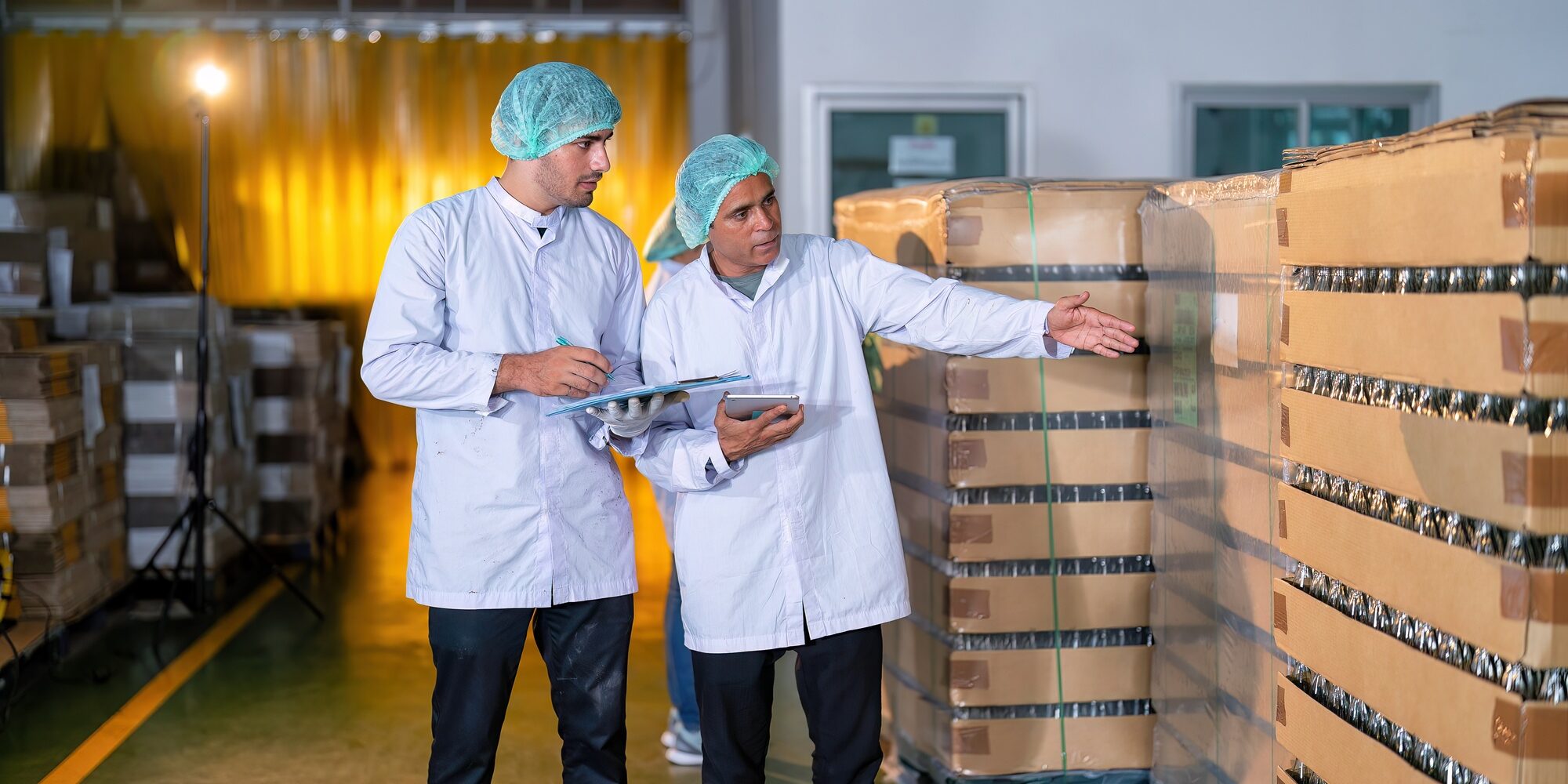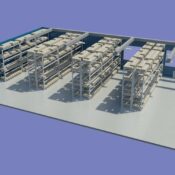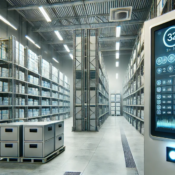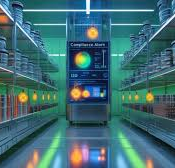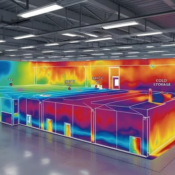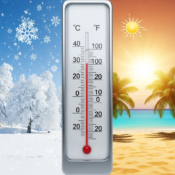Food security is one of the top priorities for Saudi Arabia, where a growing population and ambitious economic goals require a reliable supply of safe, high-quality food. From agricultural fields to cold storage facilities and distribution fleets, every stage of the food supply chain must function efficiently. Yet, one invisible factor threatens this system—temperature fluctuations. This is where temperature mapping studies play a critical role in protecting Saudi Arabia’s food security.
At Eximia360 (www.eximia360.com), we provide specialized temperature mapping study services in Saudi Arabia, including Jeddah, Dammam, and Riyadh. Our expertise ensures that food remains fresh, safe, and compliant with international standards, from farm to fork.
Why Temperature Mapping Study Matters for Food Security
Food products—whether dairy, meat, seafood, or fresh produce—are highly sensitive to temperature. Even small fluctuations during storage or transport can lead to spoilage, bacterial growth, and foodborne illnesses.
In Saudi Arabia, with its extreme climate and long distribution routes, the risk is even higher. Storage facilities in Riyadh may face intense summer heat, while delivery fleets moving through Dammam and Jeddah encounter fluctuating external conditions. Without proper monitoring, these variations can compromise food quality and safety.
A temperature mapping study identifies and analyzes how temperature behaves across storage areas, trucks, and warehouses. By locating hot and cold spots, it helps businesses maintain stable environments, ensuring food remains fresh and safe until it reaches the consumer.
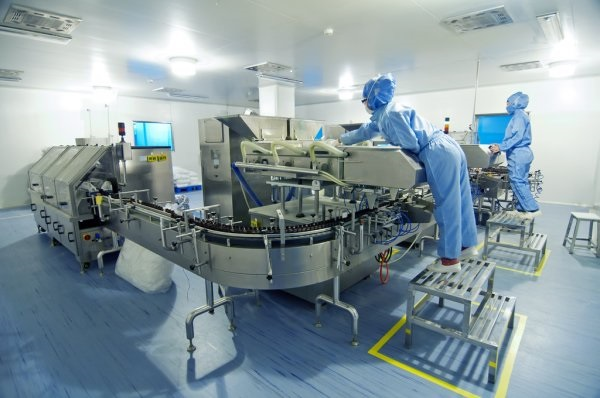
Applying Temperature Mapping Study Across the Food Chain
1. Agriculture and Post-Harvest Storage
Freshly harvested crops, fruits, and vegetables must be cooled and stored quickly to maintain quality. A temperature mapping study ensures that storage facilities in agricultural hubs maintain uniform cooling, preventing hotspots that accelerate spoilage.
2. Cold Storage Facilities
Warehouses in Jeddah and Riyadh store massive quantities of meat, poultry, dairy, and frozen items. Through temperature mapping studies, Eximia360 helps facility managers detect uneven cooling, identify weak airflow areas, and optimize refrigeration systems.
3. Distribution and Transport Fleets
Delivery trucks and refrigerated containers are the backbone of Saudi Arabia’s food supply. A temperature mapping study ensures vehicles maintain consistent temperatures throughout long journeys, protecting perishable goods on their way to supermarkets, schools, and restaurants.
4. Retail and Food Outlets
Supermarkets, restaurants, and catering services depend on reliable storage. By conducting temperature mapping studies, businesses ensure their fridges, freezers, and display units meet safety standards, reducing waste and improving customer trust.
Benefits of Temperature Mapping Studies for Saudi Arabia
- Enhanced Food Safety – Reduces risks of contamination and foodborne diseases.
- Reduced Food Waste – Prevents spoilage, saving resources and costs.
- Regulatory Compliance – Meets international food safety standards such as HACCP and GDP.
- Energy Efficiency – Optimizes refrigeration systems, lowering electricity consumption.
- Consumer Confidence – Assures the public that food is handled with care and precision.
By using temperature mapping studies, Saudi Arabia strengthens its ability to safeguard food security while also supporting Vision 2030 goals of sustainable growth and modern infrastructure.
Eximia360’s Role in Saudi Arabia’s Food Security
At Eximia360, we have supported food producers, distributors, and retailers across Jeddah, Dammam, and Riyadh with professional temperature mapping study services. Our team uses advanced monitoring technology and data-driven analysis to identify risks and provide practical solutions.
Whether you are managing a cold storage warehouse, operating a distribution fleet, or running a retail chain, we ensure that your food supply chain is heat-proof, efficient, and safe.
Conclusion
From farm to fork, every stage of Saudi Arabia’s food supply chain depends on maintaining the right temperature. With the country’s climate and expanding demand, this is not a luxury—it is a necessity. Temperature mapping studies provide the scientific foundation to protect food quality, reduce waste, and guarantee safety for millions of consumers.
At Eximia360, we are proud to play a role in strengthening Saudi Arabia’s food security. Through our temperature mapping study services in Jeddah, Dammam, Riyadh, and across the Kingdom, we help ensure that food reaches every table fresh, safe, and reliable.
Learn more about how we can support your business by visiting www.eximia360.com.
